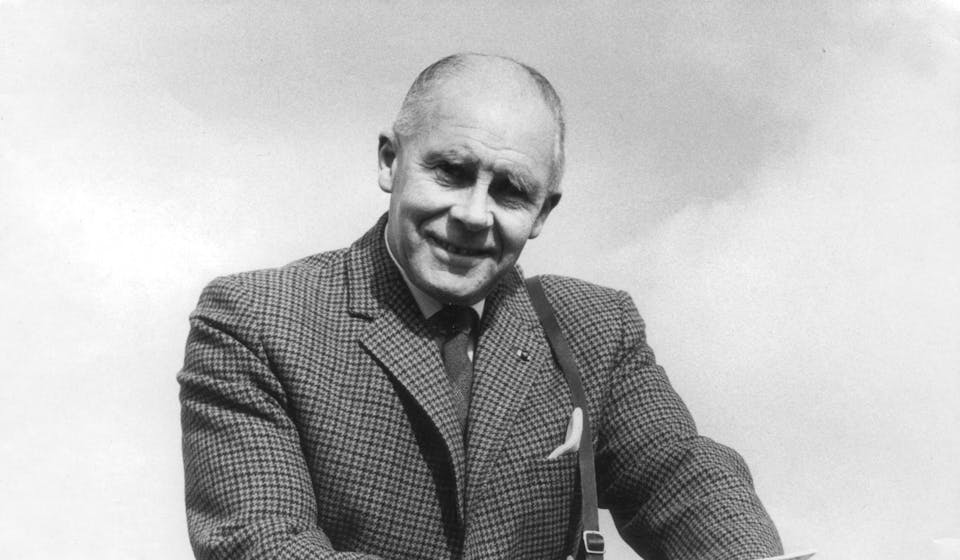Imprint
- Hodder & Stoughton
Fiction, Historical fiction
The rise of William Alexander of Menstrie - a poet whose surprising seventeenth-century career took him from the court of James VI of Scotland to England and then to the new colony of Nova Scotia in Canada.
Laird of a small estate, Will Alexander of Menstrie, poet and tutor, was a man of modest ambitions. But when James VI learned of his poetic genius, the king had other plans for him.
In 1603, when James VI of Scotland became James I of England, he summoned Will to London and commanded him to translate the Psalms for the new royal version of the Bible in English - which remains the definitive edition to this day.
At the English court, Will Alexander consorted with the most famous poets of the age including Shakespeare and Jonson. By the time he died, the humble Scottish laird had become Earl of Stirling, Viscount of Canada, Governor of Nova Scotia and Secretary of State for Scotland.
Laced with intrigue and absorbing historical detail, Nigel Tranter charts the extraordinary story of this astonishing man.
'Through his imaginative dialogue, he provides a voice for Scotland's heroes' Scotland on Sunday
Praise for Poetic Justice
-
He has an amazingly broad grip of Scottish history - Daily Telegraph
-
One of Scotland's most prolific and respected writers - The Times
-
An accomplished writer of compelling and unforgettable historical novels - She magazine
-
Through his imaginative dialogue, he provides a voice for Scotland's heroes - Scotland on Sunday
-
Tranter's popularity lies in his knack of making historical events immediate and exciting - Historical Novels Review
-
An informative, entertaining read - Daily Examiner
-
He treats history with respect - Financial Times







































.png?auto=compress&w=150&h=60&fit=crop&fm=jpg)

.png?auto=compress&w=150&h=60&fit=crop&fm=jpg)

